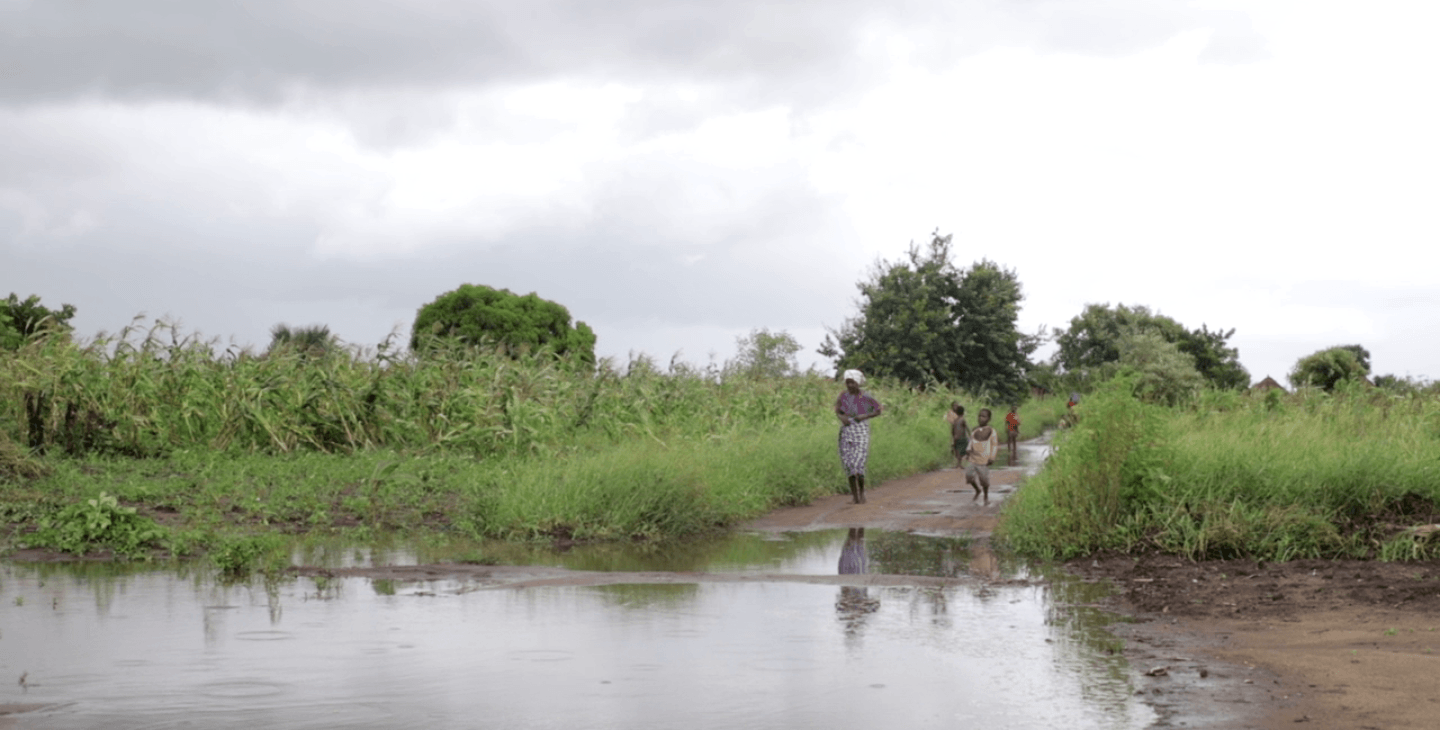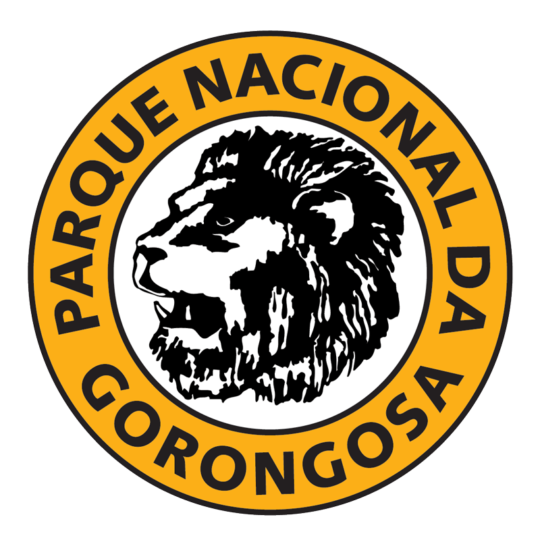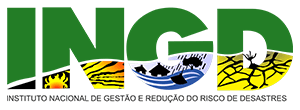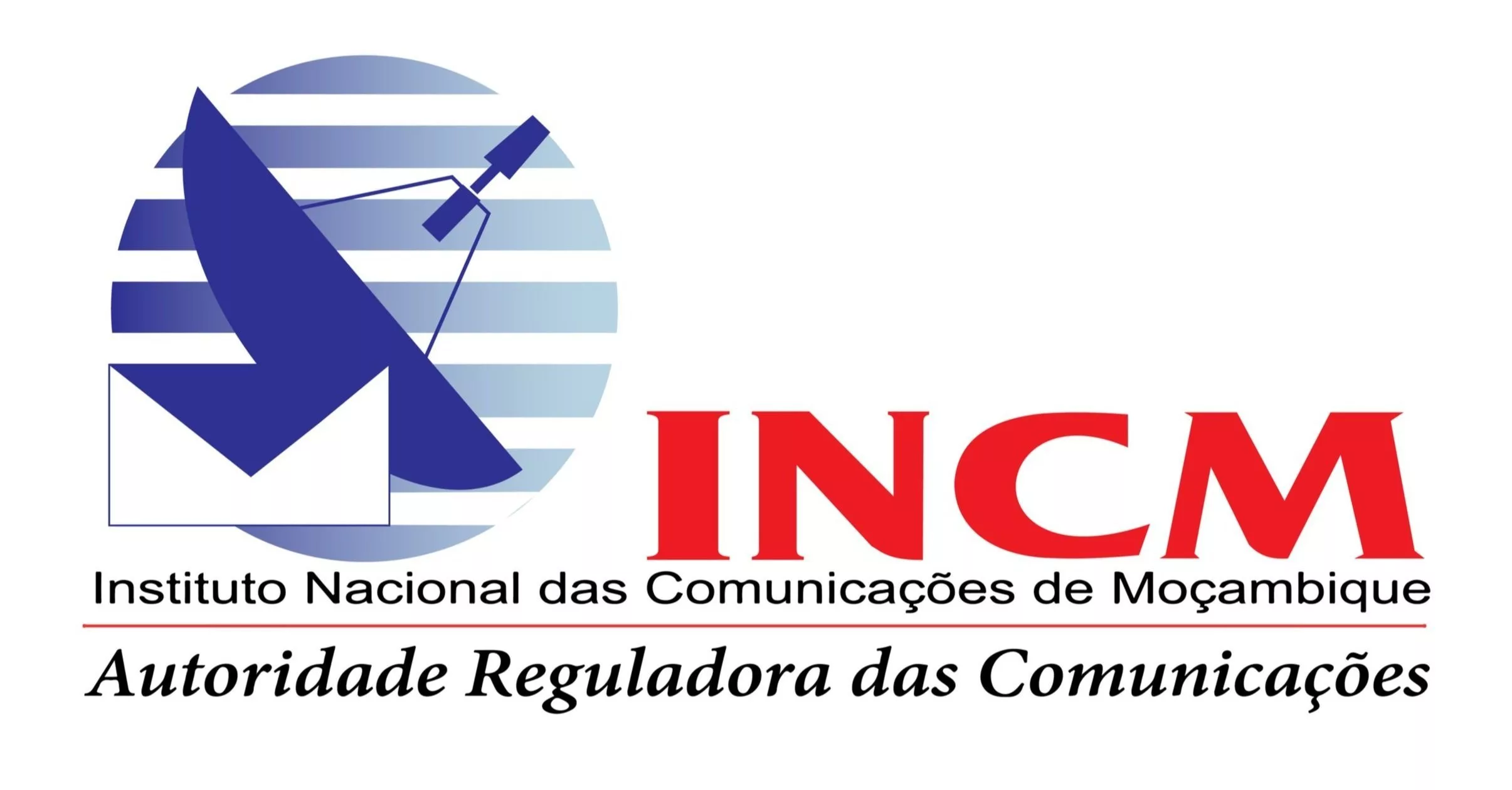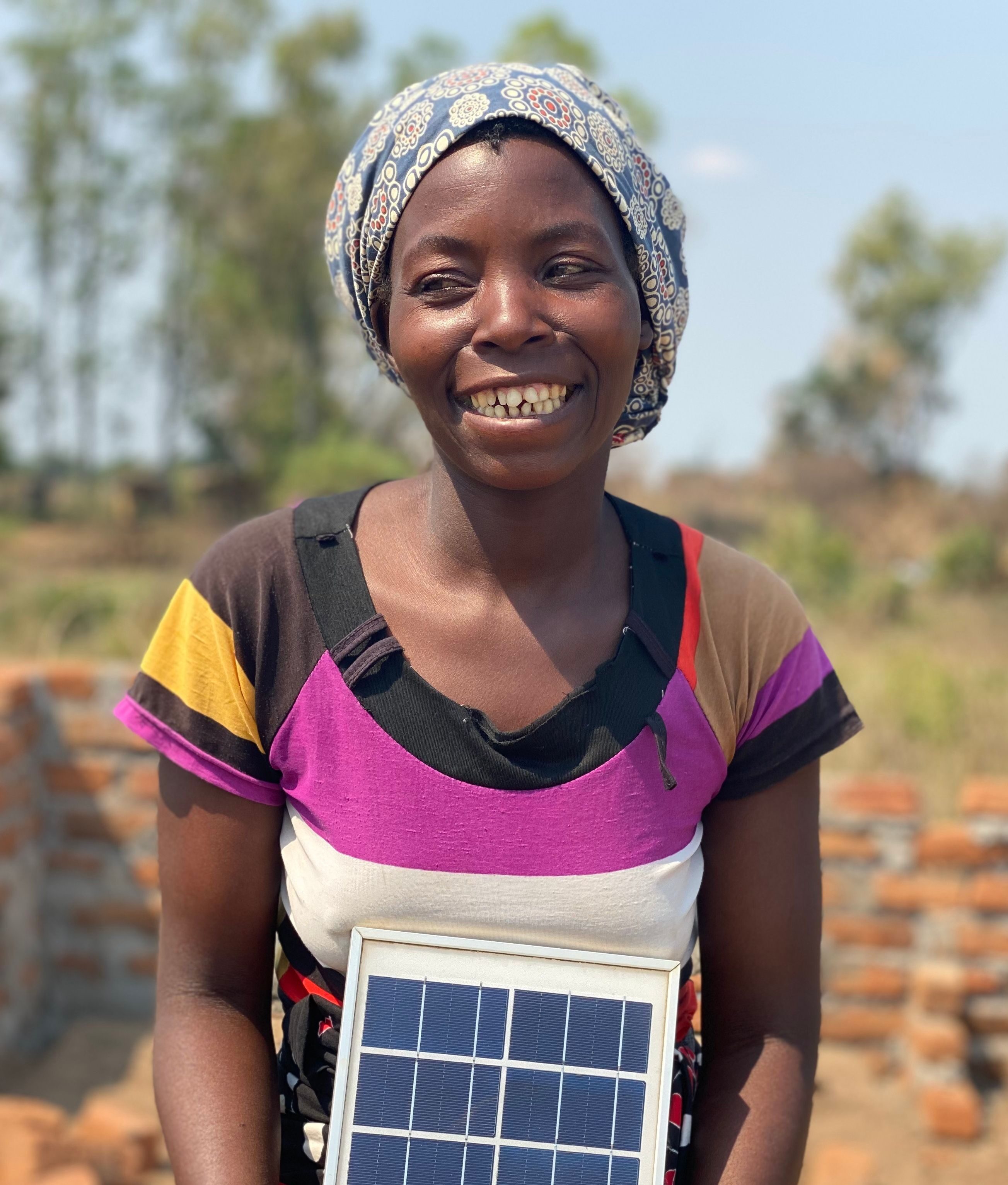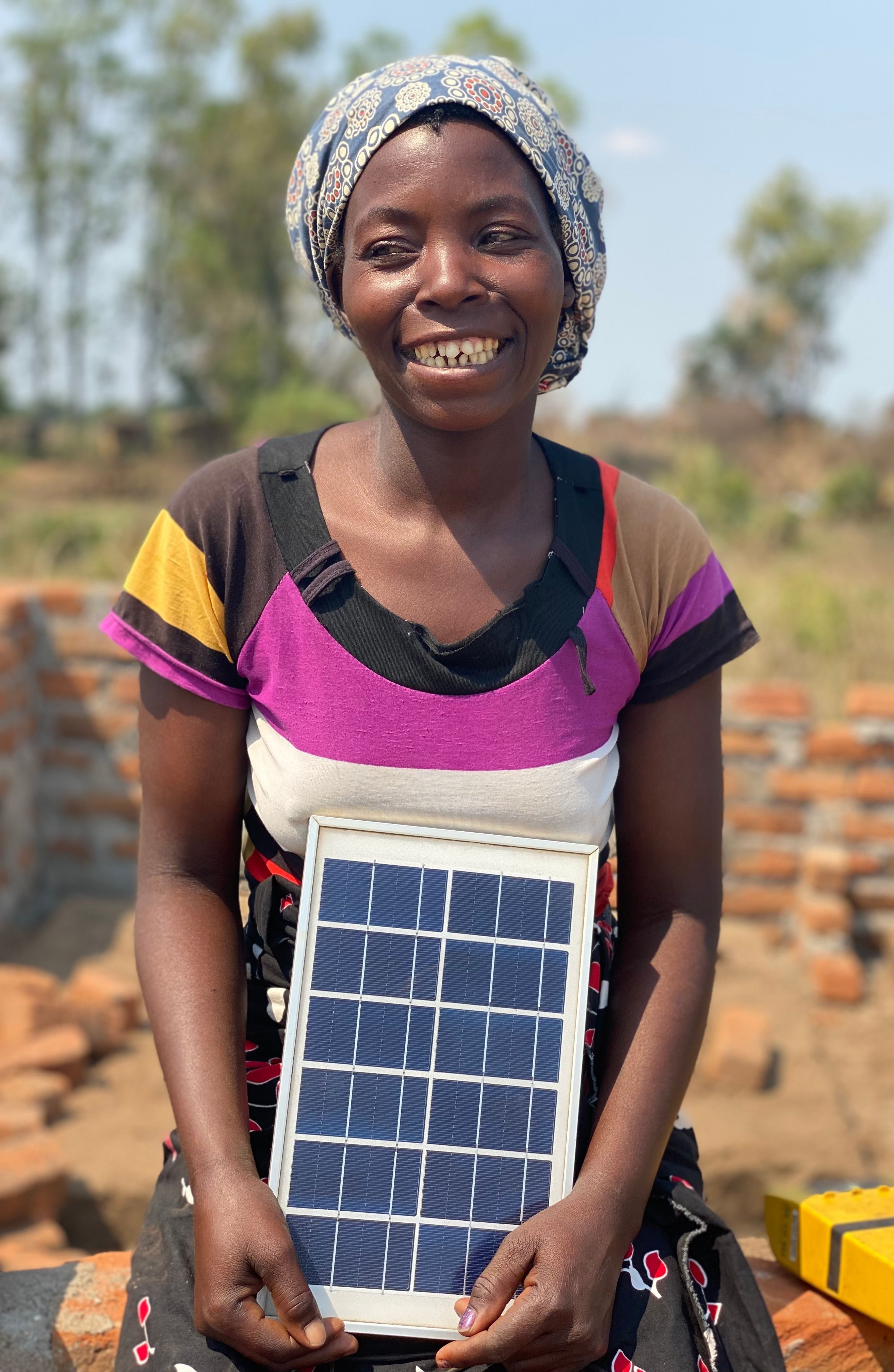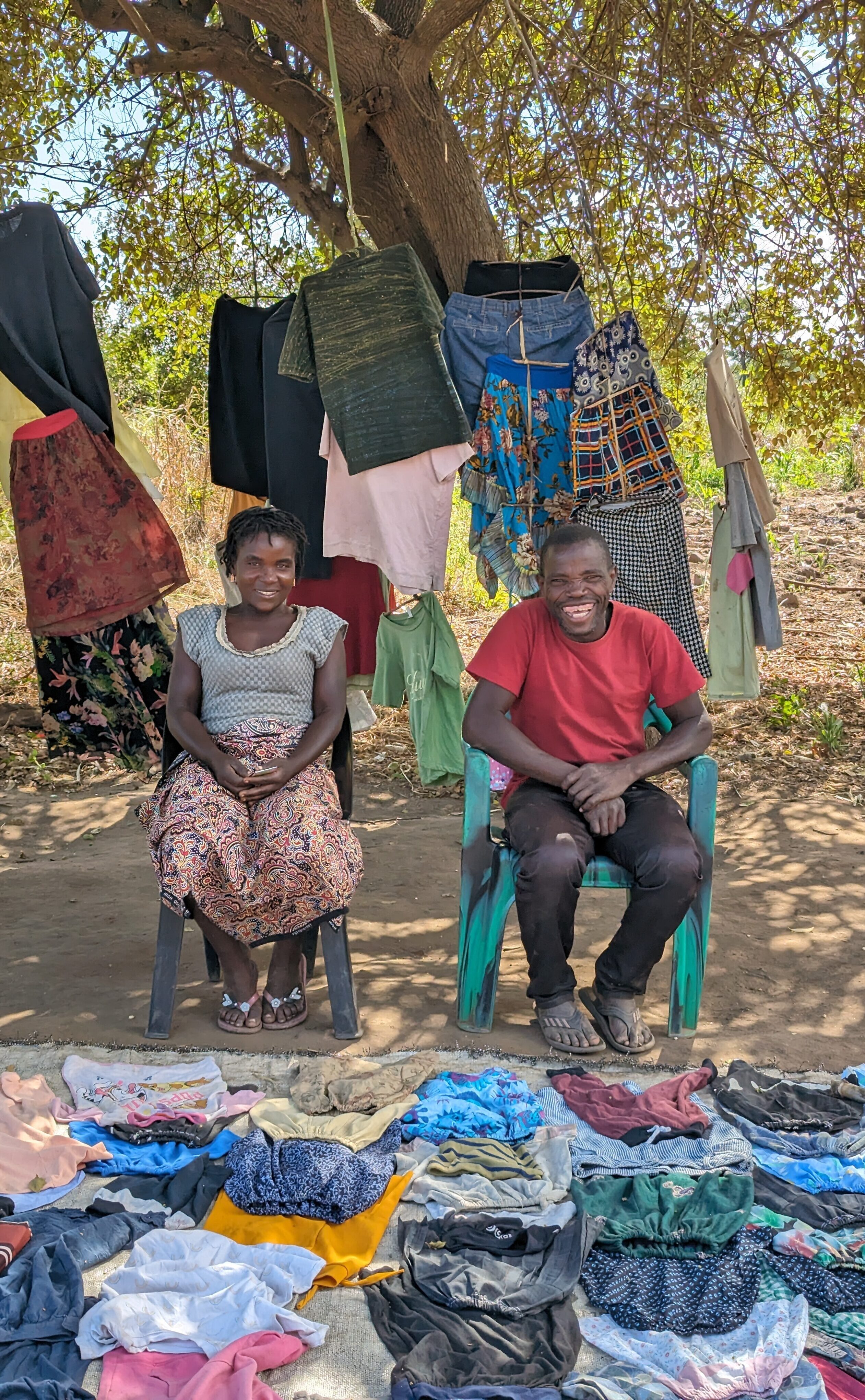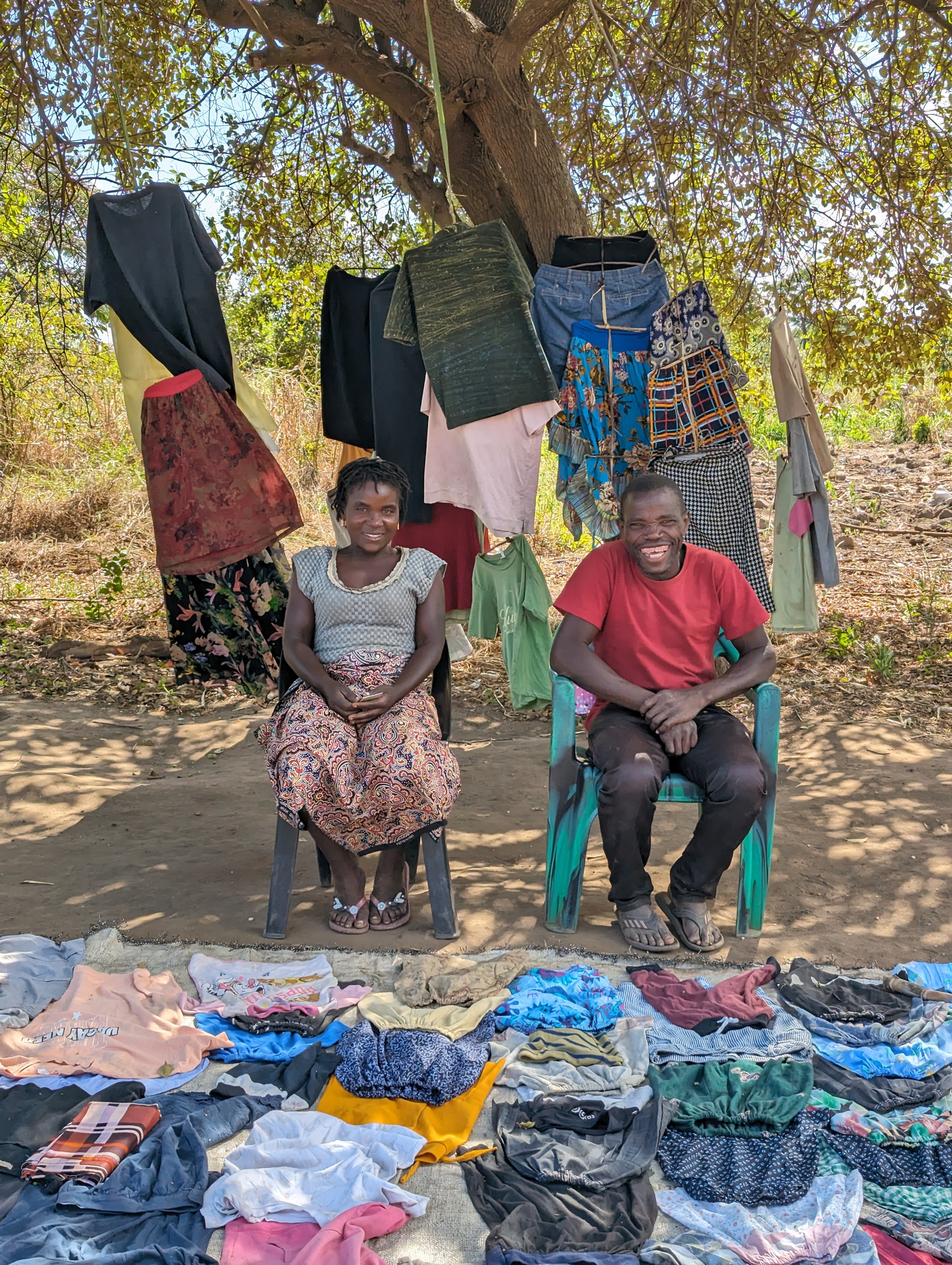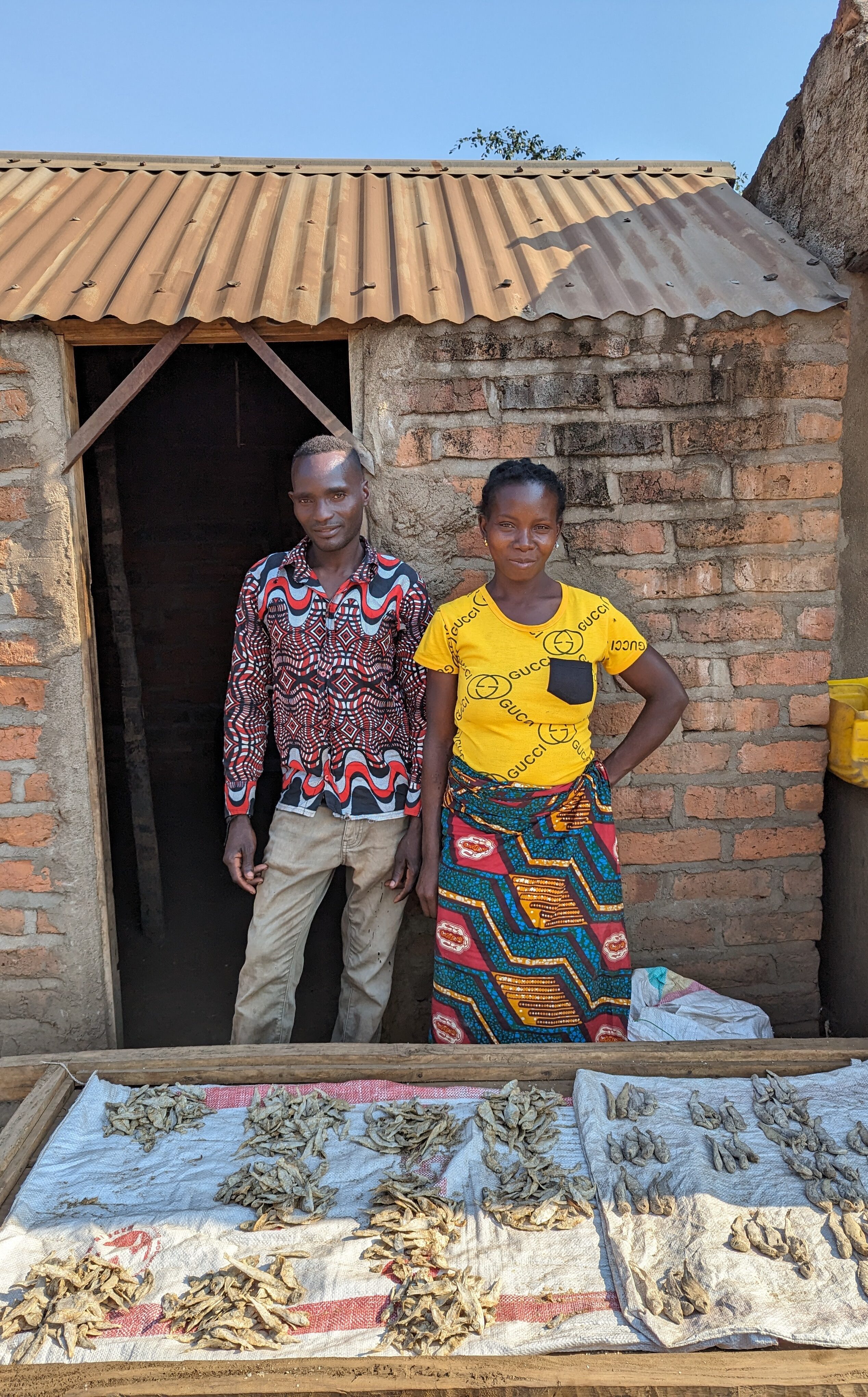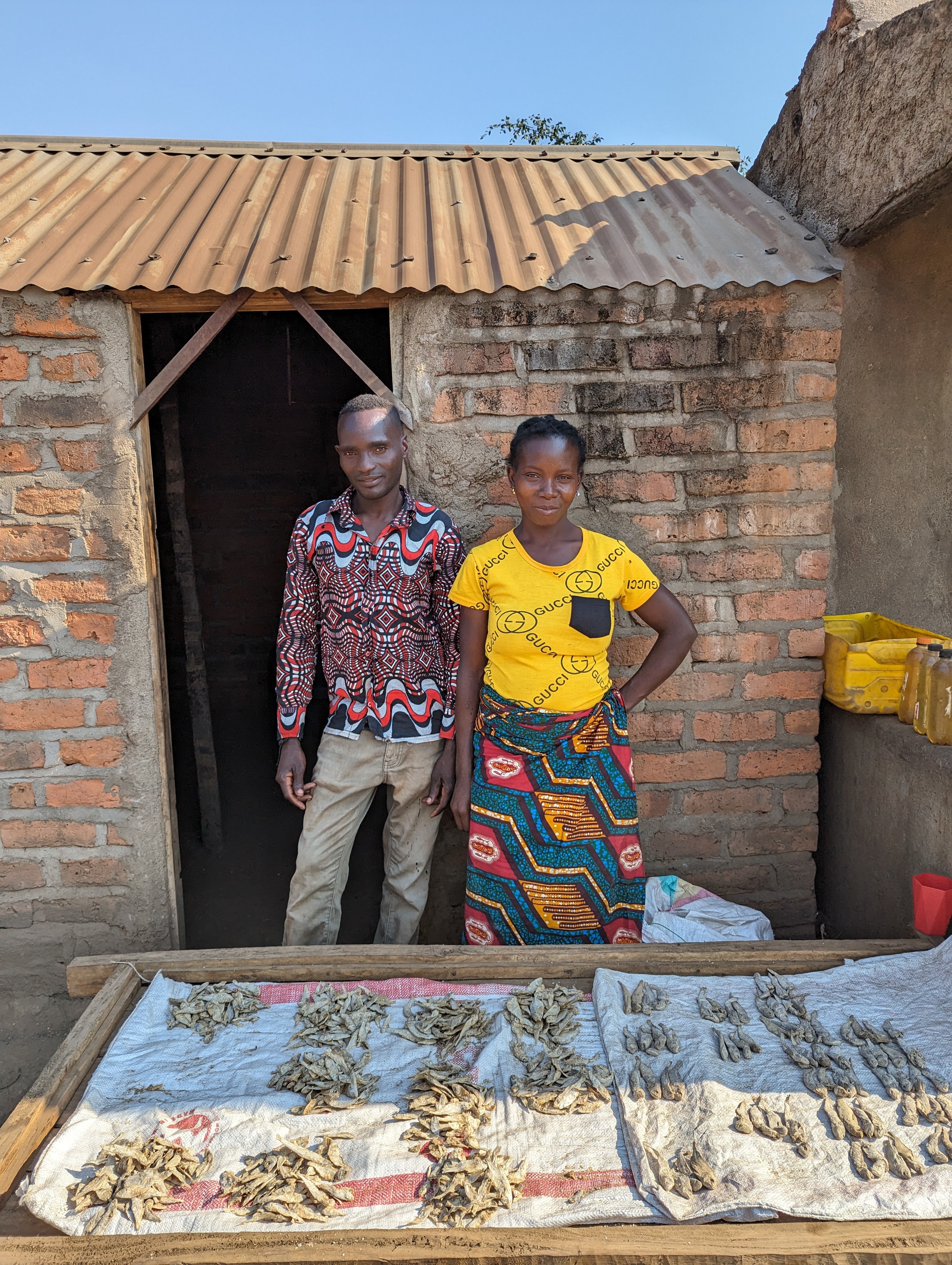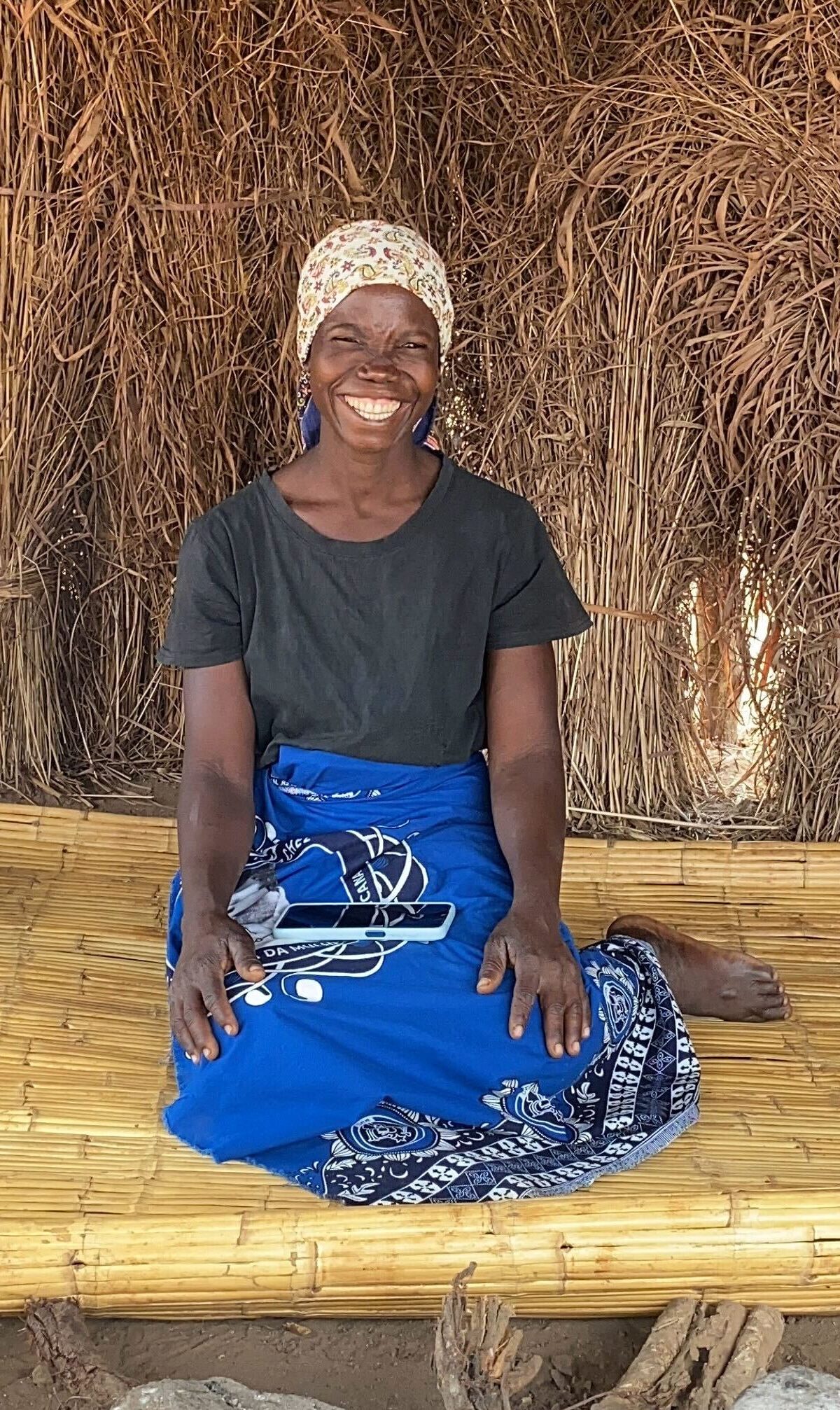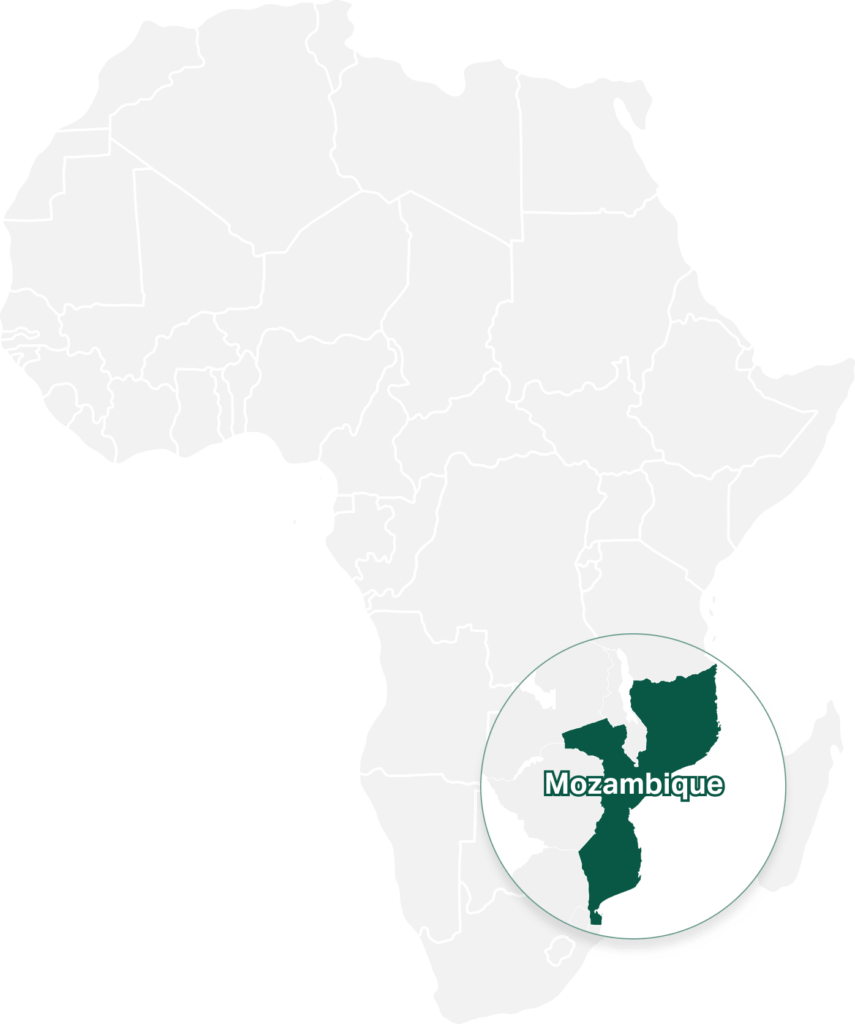
We use technology to empower individuals in poverty with cash as they face diverse challenges
We’re expanding our impact in Mozambique, moving from climate crisis recovery to reducing extreme poverty
Over the years, our work in Mozambique has centered on helping communities build resilience and recover from floods, droughts, and other climate crises. Drawing on this experience, we’re now exploring opportunities to launch programs with broader themes that can address a wider range of challenges faced by vulnerable households. These new initiatives aim to leverage our expertise in cash transfers to create more sustainable, long-term impact.
Featured UPCOMING programs
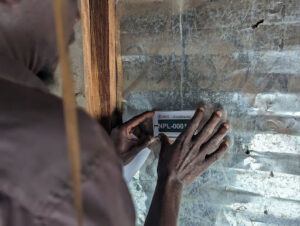
Basic Income
Cash+ Youth in Conflict Affected Communities
A hybrid cash model will be implemented to reach every household and youth in select communities in Memba district, aiming to collectively strengthen economic well-being, create financial stability, reduce vulnerabilities, and promote the independence and social development of young people.
Additionally, all youth will be offered business skills training through USAID, while the cash transfers will be sent shortly after this training course concludes.
Transfer Size
$40 per household for 24 months ($960 total per household) and 1 transfer of $250 per youth (18-24)
Households Reached
3,900
Partners
USAID, Resilient Coastal Communities activity (RCC)
Featured Current programs
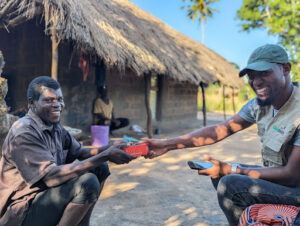
Climate Survival
Cash+ Climate-Smart Agriculture
Program launched in 2024 in Mogovolas district aiming to promote sustainable and resilient farming methods in semi-commercial farming communities by providing cash transfers to increase purchasing power and grow demand for local agricultural services and supplies, increasing productivity and income and stimulating the local economy.
At the same time, USAID will intensify the existing distribution of agricultural inputs and technologies.
Transfer Size
$1,000 across 2 transfers ($50 followed by $950). Cash will be sent at key moments in the farming cycle: either during planting season or during harvest season. Learning how outcomes differ between these two groups will help GiveDirectly design more impactful programs.
Households Reached
4,300
Outcomes
The program aims to achieve the following goals:
- Enhance economic resilience among rural farming households
- Empower women in the farming community of Mogovolas with unconditional cash transfers and climate-smart agriculture techniques to overcome gender-based constraints and participate more actively in decision-making and income generation
- Foster sustainable agricultural practices and natural resource management among rural farmers in Mogovolas through the adoption of climate friendly farming techniques and agriculture value-addition measures
- Cash transfers serve as an inclusive safety net that can improve the overall economic well-being of vulnerable households, supporting the community’s collective resilience
More info will be made available as the program progresses.
Partners
USAID, FTF RESINA activity
Featured past programs
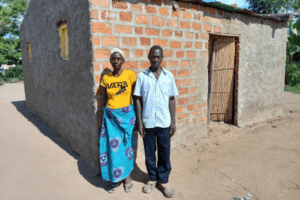
Basic Income
Climate Disaster Recovery and Food Security
Program launched in 2021 to support disaster recovery for communities in Sofala province severely affected by Cyclone Idai.
The program delivers cash transfers and promotes improved nutritional practices to families living in the Gorongosa National Park buffer zone. Close proximity to wildlife from the park creates unique security and economic challenges for these communities.
Transfer Size
$40 per month for 24 months
Households Reached
5,000
Outcomes
Recipients have reported substantial improvements in their food security and diet diversity since the start of the program. In addition to using cash to meet their basic needs, many families have made investments in their homes, businesses, education, and health.
Partners
The Gorongosa Restoration Project
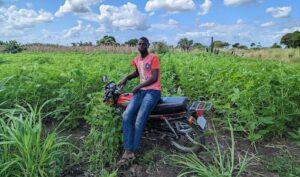
Climate Survival
Cash+ Resilient Agriculture and Livelihoods
Program launched in Nhamtanda district in 2023 to build resilience for small farmers by delivering cash alongside climate-smart agriculture training.
Transfer Size
$800 across 2 transfers
Households Reached
5,500
Outcomes
Small farmers in Nhamatanda are vulnerable to recurrent shocks, including extreme weather such as floods and drought.
Recipients report buying fertilizers, seeds/other inputs, and new farm equipment to help them adopt new agricultural practices for a changing climate. As a result, the frequency of resilient agricultural techniques reported at project close had doubled compared to baseline. For example, whereas only 12% of households were using high-quality certified seeds before the program, this had increased to 73% by endline.
Unconditional cash transfers combined with agricultural training allow households to make the necessary investments in their farms while preserving their flexibility to respond to other pressing needs.
Partners
ADRA Mozambique, USAID
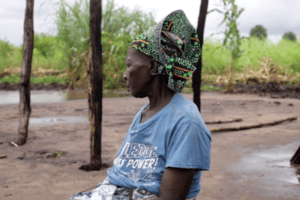
Emergency Relief
Cyclone Freddy Emergency Relief
Pilot program to send cash to communities at risk of flooding before disaster hits. People in flood-prone areas remotely register via SMS and are automatically paid 3-5 days before a flood is predicted to hit their area.
Transfer Size
$225
Recipients Reached
8,000
Outcomes
Flooding affects the homes and livelihoods of tens of thousands of Mozambicans every year, yet emergency assistance often arrives long after people need it. GiveDirectly seeks to contribute to the growing body of evidence behind anticipatory action by sending people emergency cash before floods arrive, thus allowing them to take protective measures (such as evacuating or stockpiling supplies) and ensuring access to much-needed cash in the immediate aftermath.
To target payments, we used historical flood data to predict which communities were most at risk of flooding from Cyclone Freddy. Ultimately the 11 villages we identified weren’t hit with severe flooding, but 90% of recipients had survived a significant flood in the prior year.
Read more about anticipatory action for floods here→
Partners
INGD, Google.org
In the News
Families in Mozambique are using cash to transform their lives.
Poverty in Mozambique
Despite abundant natural resources and coastal access, Mozambique is one of the poorest countries in the world— nearly 3 out of 4 people live in extreme poverty. It ranks 167th out of 173 countries on the Human Capital Index with a score of 0.36, below average for countries in Sub-Saharan Africa. Lack of regular meals and nutritious food leaves 48% of children under 5 stunted. More than 30% of youth aged 15 to 19 are neither enrolled in school nor employed, limiting access to opportunities.
Mozambique saw rapid growth in the 1990s and 2000s, though the wealth was not shared equally. Recently, poverty has risen again in the wake of the COVID-19 pandemic, repeated climate disasters, and conflict in the northern province of Cabo Delgado.
The Government of Mozambique’s Five-Year Program, 2020-2024 lays out its commitment to inclusive development and poverty reduction. Innovative programming that targets rural areas in the center and north of the country will be essential to achieving this aim.
Sources: Our World in Data, World Bank, Government of Mozambique, UN Women
